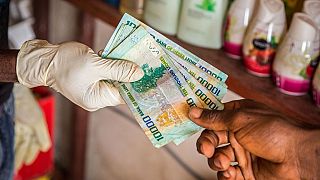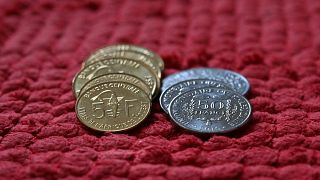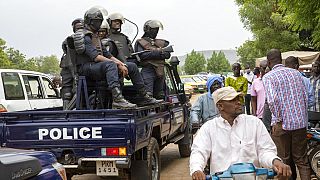Zimbabwe
Zimbabwe's central bank says it will start issuing gold coins as legal tender in late July, as the country battles to control soaring inflation that has considerably weakened the local currency.
The gold coin is named 'Mosi-oa-Tunya', after Victoria Falls, and can be converted into cash according to the apex bank.
The latest measure comes as the country's inflation rate more than doubled last month to 191%, bringing back memories of the hyperinflation of the 2000s that saw the Zimbabwean dollar redenominated three times. The local currency would later be abandoned in 2009.
Governor of the central bank, John Mangudya in a statement released Monday, said that “the gold coins will be available for sale to the public in both local currency and US dollars and other foreign currencies at a price based on the prevailing international price of gold and the cost production”.
The coins are expected to act as a 'store of value and to reduce the demand for US dollars' – something that has been blamed for the weakening value of the local currency.
There have been mixed feelings over the news as Zimbabweans experience with the central bank's policies is often of concern and uncertainty. Many Zimbabweans are known to have lost their savings including pensions when the Zimbabwean dollar crashed in 2009.
The southern African nation use foreign currencies, mostly the US dollar despite attempts to revive the local currency. The most recent attempt - with its reintroduction in 2019 - has the zim dollar in use but once again with plummeted value.
The central bank last week raised interest rates to 200% from 80% and has outlined plans to make the US dollar legal tender for the next five years.












01:09
Nigeria's inflation rate surges as food prices escalate
11:05
New era of sovereignty in Mali's gold sector [Business Africa]
01:37
UN agricultural fund calls for adaptation financing for small-scale farmers
01:29
Political analyst says Donald Trump's win moves US to the right
01:26
Egypt's economic outlook: Growth expected amidst IMF reforms
01:04
Nigeria's fuel price challenge: second increase in one month